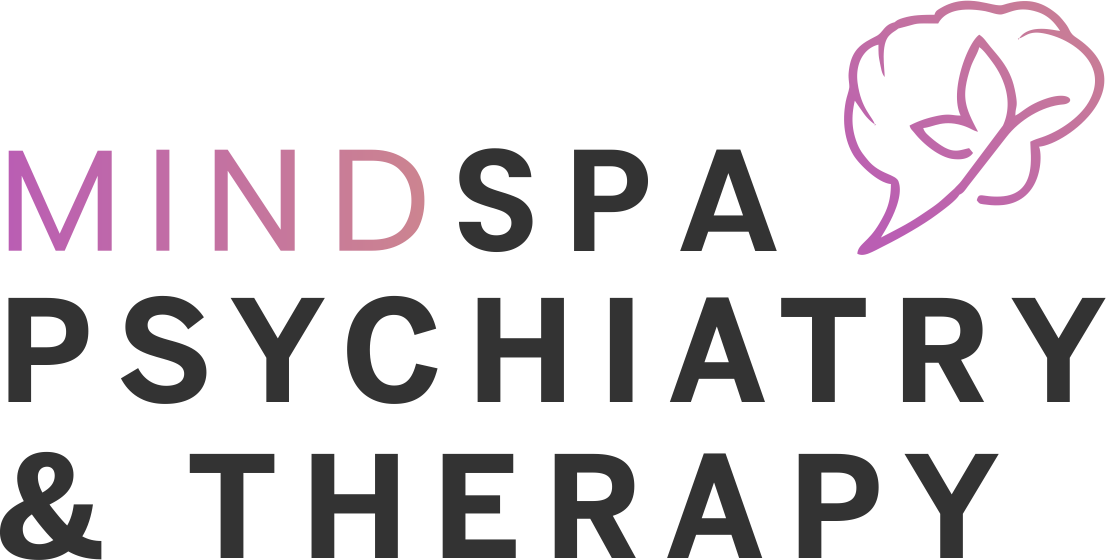Nearly 50.6% of AMI (Any Medical Illness) patients in the U.S. have sought therapy at some point, yet many people still feel unsure about what really happens during a session. Is it just all that lying on a couch and confession of secrets? Not quite.
Therapy is a friendly and interactive process that aims at making you understand yourself better, learn to cope, and live better.
Understanding the Role of a Therapist
A therapist does not only listen. They are trained professionals who guide you in getting to know yourself through thoughts, feelings, and behavior, and in a secure, confidential manner. This process can help you to know yourself better, deal with difficult situations, and make substantial changes in your life.
The therapists may have a specialization in various methods, such as talk therapy or cognitive-behavioral one, but in all cases, their objective remains the same: To help you with anxiety and come through life with a better sense of direction and strength of heart.
What Actually Happens in Therapy?
Therapy isn’t a mysterious or rigid process. It’s a structured yet flexible conversation tailored to your needs. Here’s a simple breakdown:
- Listening and Understanding: Your therapist will listen to your problems with no judgment.
- Use of Questions: They will ask probing questions that can help you understand your thoughts and feelings.
- Provision of Tools and Strategies: These may include coping, communication, and challenging unhelpful thinking styles.
- Follow-Up: Your progress is monitored as time goes by, both by you and your therapist, to make changes to your goals.
Treat therapy as a collaborative process of teamwork in the sense that you provide your life experiences, and the therapist provides advice and knowledge.
What Can You Expect in Your First Therapy Session?
Most individuals anticipate that they will find some very emotional or even overwhelming sessions. The fact of the matter is that it is more of a meet-and-greet session. Your therapist is interested in knowing more about you, what has led you to him, and what you would like to accomplish.
Here’s a quick look at how a first session might be:
| Stage | What Happens | How You Might Feel |
|---|---|---|
| Introduction | The therapist explains confidentiality and the process. | Curious, maybe nervous. |
| Tell Your Story | You discuss the reason for being there and the issues. | Depressed, slightly exposed. |
| Goal Setting | You and others establish the goals of the therapy at the beginning. | Hopeful, clearer. |
| Wrap-Up | They summarize and explain the next steps. | More comfortable, informed. |
The First Conversation
Your first talk with a therapist is more of a gentle introduction than a deep dive. It is about establishing trust and comfort and establishing the tone of future sessions in a non-judgmental and safe environment.
The therapist can start with open-ended questions such as:
- Why have you come in today?
- Have you had previous therapy?
- What is it that you want to gain out of our association?
It is not necessary to give all information immediately. You control the pace. Good therapists understand it can take time to open up.
Will It Be Emotional?
It might. Discussing personal problems can evoke emotions- even tears. But crying during therapy is proof that you are processing and being truthful to yourself. It is not a sign of weakness.
Not all people cry during the first session, but this is okay. You may also experience relief, curiosity, or even lightness after it; each of these reactions is acceptable. It is more important to permit yourself the experience of whatever is naturally evoked in the moment.
Common Myths About Therapy
A large number of first-timers are afraid due to misconceptions:
- Only serious problems are treated with therapy. As a matter of fact, counseling can assist in daily hassles, personal development, and perhaps the development of better habits.
- A therapist will simply advise. They, instead, lead to your own solutions.
- Talking to a stranger is awkward. Luckily, it turns out to be very easy to talk to a stranger who is not involved in the conversation and is professionally trained to listen.
How a Therapist Helps Over Time
Therapists often combine different approaches depending on your needs. For example:
- Cognitive Behavioral Therapy (CBT): Assists you to become aware and shift inadmissible thoughts.
- Mindfulness Techniques: Train you to be in the moment and relax.
- Solution-Mirroring Therapy: It focuses on tasks and resolutions.
Development may appear differently to all individuals. Some see differences in a couple of sessions; others gradually. The key to this is consistency and easy communication with the therapist.
Taking the First Step
Therapy is simply a guided conversation with a trained professional who wants to help you feel better, think clearly, and live more fully. It’s not about being “broken”, it’s about taking care of yourself.
If you’re still unsure, you can ease into it. Many therapists offer a short phone consultation before booking a session. This lets you get a feel for their style and see if it’s a good fit.
Are you ready to make that first step? Reach out to us at Contact MindSpa Psychiatry and Therapy today and begin a more attainable path to a healthier, more balanced you.
Frequently Asked Questions
So what is the initial session with a therapist?
They will familiarize themselves with you, inform you of the way therapy is run, and speak to your concerns. You establish future directions and devise a plan that you will follow together.
What are the initial steps of a therapist beginning a first session?
They normally start by making introductions, telling you about confidentiality, and inquiring about what made you come. This gives a secure surrounding where you can communicate freely, yet at your own time.
What is your initial visit with a therapist like?
You must be ready to discuss your story, anxieties, and goals. The therapist will be listening, making inquiries, and informing you on how he or she can help with your mental well-being.
Will I be crying during my first therapy session?
You might, but you don’t have to. Tears can be part of processing emotions, but many people also spend the first session just getting comfortable with the process.
Does a therapist make a diagnosis?
Therapists such as licensed psychologists are able to diagnose mental illness. Others pay more attention to support and coping strategies and do not make an official diagnosis.

